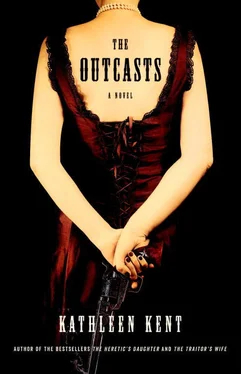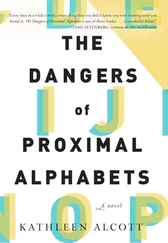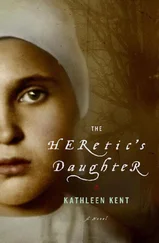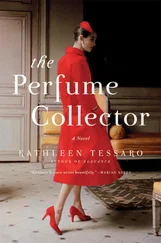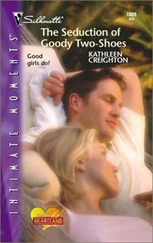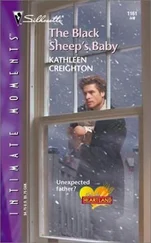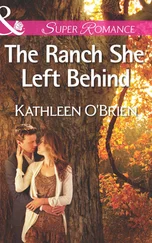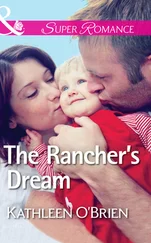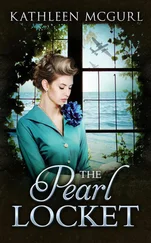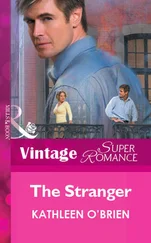“I need a promise from you, though.” Nate’s grip tightened on the barkeep’s hand. “Did you mean it when you said you’d be glad to see Prudone settled with a bullet in his head?”
The barkeep looked briefly over Nate’s shoulder, but the hall was empty. He nodded once.
“McGill killed a dozen people, two of them children. The marshal aided him in those murders. Prudone personally killed that ranger I was with. I’ll trade you this rifle, but I need your promise that you’ll find someone to settle on him. I’d do it myself, but I’m transporting a prisoner to Austin.”
The barkeep frowned but asked, “How far will she shoot?”
“Nine hundred and eighty yards.”
The barkeep gaped. “That’s far enough.” He pumped Nate’s hand twice and then took possession of the Whitworth, immediately going to hide it in a back room. Nate placed the remaining hex bullets on the bar, and the gold coin was retrieved from its hiding place and placed in his hand.
He thanked the barkeep and walked from the beer hall feeling relieved, not because he didn’t have to kill Prudone, but because owning such a rare and expensive weapon had become a burden. It had been a spontaneous decision, trading the gun for the coin, but in truth, the rifle had never felt truly his. It had belonged to Deerling, and in Nate’s mind, it always would.
He spent the rest of the day buying supplies and an old mule and spent the night in the livery. In the morning he retrieved Lucinda from the jailhouse, set her on the mule, and rode for Austin. He had briefly contemplated taking her to the cemetery north of Houston where Deerling and Dr. Tom were buried but felt in the end that it would serve no purpose. Upon hearing that Dr. Tom was dead—shot by McGill—Lucinda had turned her face away, but he heard no crying.
From the first night’s encampment she wordlessly took upon herself the task of cooking, expertly singeing the coffee grounds in a pan before boiling them in water with a handful of sugar, frying the cornmeal in fatback with a practiced hand. She even gathered the wood and set the fire, leaving Nate to service the weapons and see after the animals.
But contrary to the seemingly peaceful nature of her face, distant and grave, lit by the coals into a fiery porcelain so that she looked like the Madonna he had seen in a Mexican church, her hands trembled as she held her cup or plate. She wiped her palms repeatedly on her dress or flexed her fingers against the tangles of her hair, snapping at the wisps caught floating into the updrafts of cold evening air.
By the third day, she had begun speaking to herself, toneless and indistinct, her lips in constant motion, her head shaking randomly from side to side, arguing with the unseen.
After dusk, she stood up from the cook fire, holding his dinner and coffee in both hands, and turned to face him. But she remained fixed, only her chin moving in jerking spasms against her neck. She opened her hands, dropping the cup and plate, and he sprang up and moved towards her, arms out to catch her if she fell.
They faced each other, both in rigid confusion, and then she sank down in front of him, clasped her arms around his knees, and buried her face in the creased denim Y of his lap. “Please,” she cried, thin ribbons of saliva trailing from her mouth. “Please kill me. If you have any kindness or compassion left in you.” She lifted her face for a moment and looked up at him. “You’d shoot an animal beyond redemption.”
He stood briefly with his arms out like a man free-falling and then he leaned down to pull her hands apart, to remove her arms from around his thighs, but her grasp was uncannily strong, and as her face pressed again into his thighs, the workings of her jaw agitated him to twin states of arousal and a rage so potent that he thought for an instant that he could remove the Dance, palm her face away with his other hand, and shoot her through the temple.
He raised up a knee, planted it into her chest, and heaved her away from him. She fell, then curled into a ball and wailed the way Nate had heard women giving birth wail, in frantic bursts, ejected half-words and panting breath.
He grabbed up his pack, pulled out the big bite—the buffalo-rifle cartridge packed with cyanide that Deerling had given him—and tossed it to the ground next to her.
“Here!” he yelled. “You want to die, you take care of it yourself. I’m not going to have your murder on my hands because you can’t abide the idea of spending your life in a jail cell.” He tried to slow his breathing, wiping flecks of spittle from his lips, and fought the impulse to kick the dirt over her head. “Or because you have the morals and conscience of a bitch come into heat, living with a killer of women and children.”
She rolled onto her back and became very still, looking up at the sky. Her back began to bow upwards, and her hands clenched; her arms came out straight and beat a tempo-less rhythm on the ground. Her eyes rolled to white, and at first he thought it was just her womanly outburst grown more hysterical, but her lips stretched away from her teeth and she began to foam at the mouth and choke.
He moved forward and then back, his feet shifting in an aimless circle. He knelt down next to her thrashing body, uncertain what to do, thinking she would die after all. He put a tentative hand on her arm, but it was twitched away, and he got his canteen and wet a cloth and pressed it to her forehead. The fit went on for a good half hour in violent waves and then ebbed away slowly, leaving her dress stained dark with sweat.
He straightened her skirt, which had been twisted around her knees like a rope, and when he looked at her face, she had focused her gaze on him, though her body was still in rigors. He had seen that rolled-eyed look once before on the Steel Dust ranch when a yearling got into a green field and foundered himself and he writhed in agony, his guts bloated and crimped up with ballooning air. He had shot the horse out of necessity, and he knew that in her fit, she was gripped in a bodily pain that he couldn’t imagine.
He got a blanket when she began to shiver and covered her over and built up the fire again. He felt her eyes, sunken and bruised, on him, following him around the camp, but it was an hour before he could gather the courage to hunker down next to her with some water. He lifted her head so she could drink, and she looked at him gratefully.
He rolled himself into his own blanket and tried to sleep, but he heard her weeping. She quieted after a while, and just as he was about to sink into sleep, he heard her voice, plaintive and indistinct.
“What?” he said, not certain what she was asking.
“The horse on the island. Do you think it will live?”
“I don’t know. Maybe.” He turned his head and could see her form, bundled like a corpse. “If it has no predators.”
“Predators,” she repeated. “You mean men.”
He paused, remembering the steamer passenger who had wanted him to shoot the horse just because he could. “Maybe,” he answered.
“My father once told me that horses can die without companionship.”
It took Nate a moment to comprehend that the father she was speaking of was Deerling. He looked up at the night sky, the black soup, as Dr. Tom called it, fighting to keep his anger towards her present, like a shield against her vulnerability. “You can’t be worrying about that goddamn horse.” He sat up, throwing the blanket from him. “You just lost your father and your husband and you’re pining after a horse?”
He could see her eyes glittering in the sullen light of the campfire. “My father was a man of violence.” She brushed a length of hair from her face and looked up at the sky. “But he was unfailingly kind to animals.”
Читать дальше
